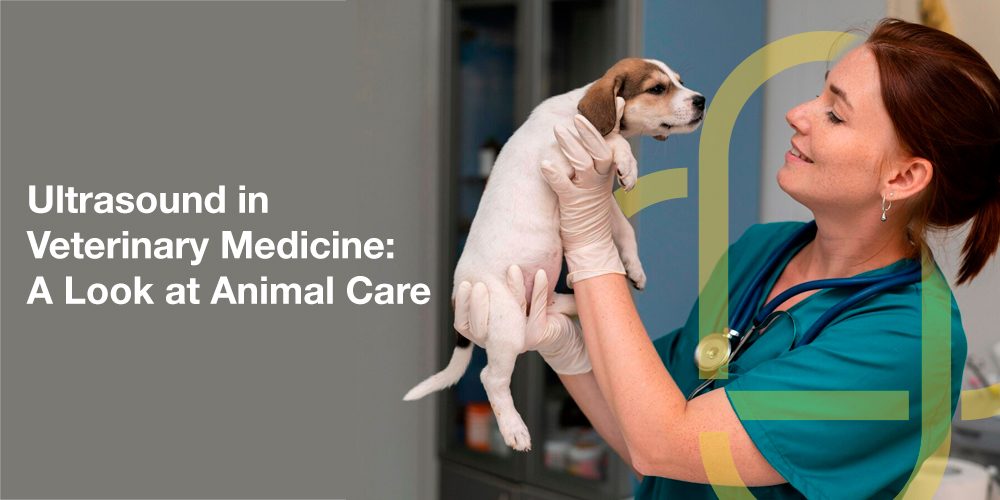Best Reasons On Choosing Probiotics For Dogs
Wiki Article
What Are The Most Common Medical Conditions For Pets?
Medical problems in animals vary according to their species, age and overall health. Animals are susceptible to a variety of medical issues.
Parasitic Infections - ticks and fleas aswell with mites and worms can be a problem for your pet, causing numerous health problems. Avoiding the spread of parasites and having regular checks-ups is essential. Skin conditions like allergies, dermatitis, and hot spots can cause discomfort and irritation in animals.
Ear infections - Ear infections is a frequent problem in cats and dogs with floppy ears. It can lead to pain, as well as hearing issues.
Dental Issues - Dental problems such as periodontal disease tooth decay and gum infections can impact an animal's overall health.
Respiratory Infections- Upper respiratory pneumonia, infections and bronchitis may affect animals, particularly in overcrowded or stressful environments.
Joint and Arthritis Issues Many animals who are older, such as certain breeds of large dogs, may suffer from joint and arthritis problems. They can cause an increase in pain and reduced mobility.
Obesity. Overweight dogs are more vulnerable to heart disease, diabetes, arthritis as well as other health issues.
Gastrointestinal Issues- Diarrhea, vomiting, and other digestive problems could be the result of dietary issues as well as infections or related conditions.
Cancer - Animals, like humans, are susceptible to developing various types of cancer, which may require treatment, including radiation, surgery, or chemotherapy.
Wounds & Injuries Accidents, fights, or falls can lead to soft tissue injuries like fractures. This requires medical treatment. Regular veterinary examinations, vaccinations against parasites, as well as a balanced diet, can help to prevent these ailments. Additionally, you should seek medical attention if your pet is showing any signs of illness or discomfort. Take a look at the best organic pet supplements for more examples.

What Are The Best Vitamins, Probiotics And Supplements For Canines?
Your dog's needs, as well as any advice from a veterinarian should inform your selection of probiotics, supplements and vitamins. Certain breeds can get additional benefits from supplements but it's still important to provide a healthy and balanced diet for your pet. Here are a few of the most popular supplements for dogs, along with their benefits
Multivitamins: A high-quality food for dogs ought to contain the majority of the vitamins and minerals that your dog requires. A multivitamin can be useful for dogs who require extra assistance or has food restrictions. Be sure to select a supplement that is specifically designed for dogs as certain vitamins may be harmful if taken in excess. Omega-3 Fatty Acids - Omega-3 fatty acids, such as that found in fish oil is beneficial for coat and skin, and helps reduce inflammation as well as enhance joint health. They are typically prescribed to dogs suffering from allergies to skin or arthritis.
Probiotics Probiotics are beneficial microorganisms which help support digestion health. They accomplish this by maintaining balance in the microbiome within your digestive tract. Probiotics can help alleviate symptoms of diarrhea, as well as to improve the immune system.
Glucosamine and Chondroitin - These supplements aid in maintaining joint health and may help reduce the symptoms of dogs suffering from arthritis.
Consult your veterinarian first before you give your dog supplements. They will be able to provide advice specifically tailored to the needs of your dog. It is essential to speak with your veterinarian prior to giving supplements to your dog. They can provide guidance tailored for their specific requirements and needs. Additionally the quality and safety of supplements may differ and it is important to choose products from reputable manufacturers.Always follow the recommended dosages, and monitor your dog for any adverse effects. Consult your vet immediately when you notice any unusual symptoms or reactions. A well-balanced and veterinarian-recommended diet is typically the best way to meet your dog's nutritional needs, and supplements should only be used when necessary and under professional guidance. Best of the finest pet herbal supplements for lactating dogs for website info.

How Prevalent Is Kidney Failure, Skin Allergies As Well As Yeast Infections In Dogs? What Are The Treatment Options?
There are a variety of ailments that could affect your dog, including skin allergies and yeast infections. They vary in severity dependent on breed, age and overall health. Here is an overview of each disease that is prevalent, as well as possible treatments.
Kidney Disease (Renal Disease) - Prevalence. Renal disease affects dogs more frequently than skin diseases, but it's still prevalent. It could be acute (sudden) or chronic.
The symptoms include increased or decreased the frequency of urination.
Treatment - Treatment will depend on the nature and severity of kidney disease. Acute kidney failure typically necessitates hospitalization and intensive medical care. Manage chronic kidney disease with adjustments to your diet, medication that control blood pressure and therapies that help improve kidney function. This is a condition that progresses therefore early detection and management are crucial.
Despite the fact that these ailments are affecting dogs, not all dogs is affected. The frequency of these ailments will vary among breeds and breeds. Regular veterinary check-ups and a balanced diet and preventive measures (such as the control of fleas and proper hygiene) will help to decrease the risk of suffering from these conditions. If you have concerns about your pet's health issues, whether it be yeast infections or skin allergies, a vet is the best source to get an assessment and treatment strategy. Early intervention can lead to greater outcomes and better the quality of life for your pet. Take a look at the Best pet herbal supplements for small dogs for blog tips.
